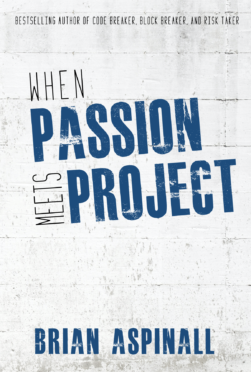In the article “Why the Arts Make Sense in Education” Linda Nathan makes claim that “our young people need to be immersed in artistic experiences (and) they must also develop strong intellectual skills” (p.178) which sounds very similar to Papert’s Mathland when describing LOGO in Mindstorms. “The Turtle World was a microworld, a ‘place,’ a ‘province of Mathland,’ where certain kinds of mathematical thinking could hatch and grow with particular ease.”
Nathan makes a further claim stating “the arts help us imagine scenarios beyond our own realities and provide pathways to unexplored possibilities in our lives” (p. 179) which I quite often argue about Computer Science and STEAM. Regardless, I am passionately biased when it comes to promoting Computer Science in elementary schools. How can I encourage others to “see” what I “see” when it comes to what is possible between the synergy of technology and the human mind. However, interpreting aesthetics is what makes it beautiful.
The notion of ‘immersing’ students into any subject area has been traditionally challenging when considering authentic contexts. I wonder what the future of augmented reality and virtual reality can provide to support ‘Mathland’. As Papert states, learn French by spending time in France. We aren’t far off from bringing France to us.
Regardless of content area, I admire the notion of critical thinking skills being most important. I hope we are encouraging young people to solve problems, regardless of field of study. Like Jeannette Wing (2006) states, computational thinking isn’t a skill for just Computer Scientists.
Here is a beautiful video demonstrating STEAM.
References:
Nathan, L. (2008). Why the Arts Make Sense in Education. The Phi Delta Kappan, 90(3), 171– 181.
Papert, S. (1993) Turtle geometry: A mathematics made for learning. Chapter 3 in Mindstorms: Children, Computers, And Powerful Ideas.
Wing, J. M. (2006). Computational thinking. Communications of the ACM, 49(3), 33-35 http://www.cs.cmu.edu/afs/cs/usr/wing/www/publications/Wing06.pdf

 For all the kids who grow up in a small town and think they don’t stand a chance. You do. I was once that kid.
For all the kids who grow up in a small town and think they don’t stand a chance. You do. I was once that kid.
I am not convinced that computational thinking is a unique form of higher order thinking or that coding develops cognitive skills that transfer in the way that coding advocates propose. There was a great deal of research associated with LOGO (since you mention Papert) on this hypothesis and little recent research associated with the more recent promotion of “coding to learn”. I also question why cofing can be claimed to be the most effective way to develop the skills often associated with computational thinking. Why is it superior to “writing across the curriculum” tasks that are associated with a skill necessary in all and more vpn ententes for most educators to implement?